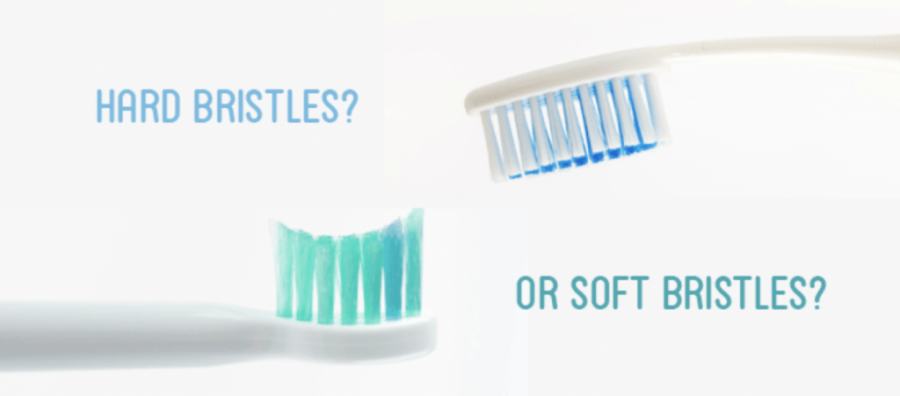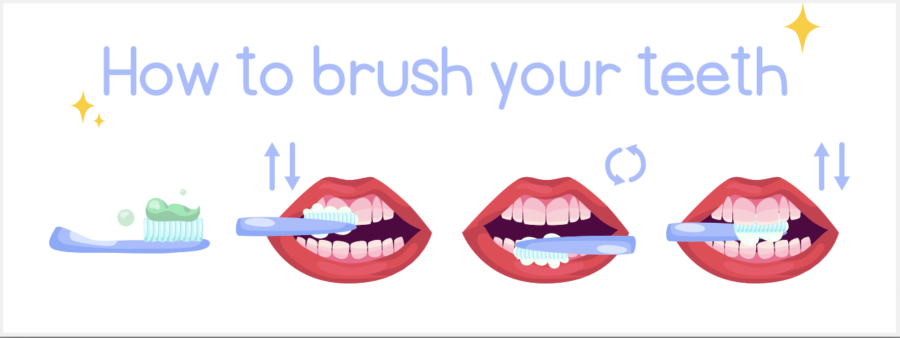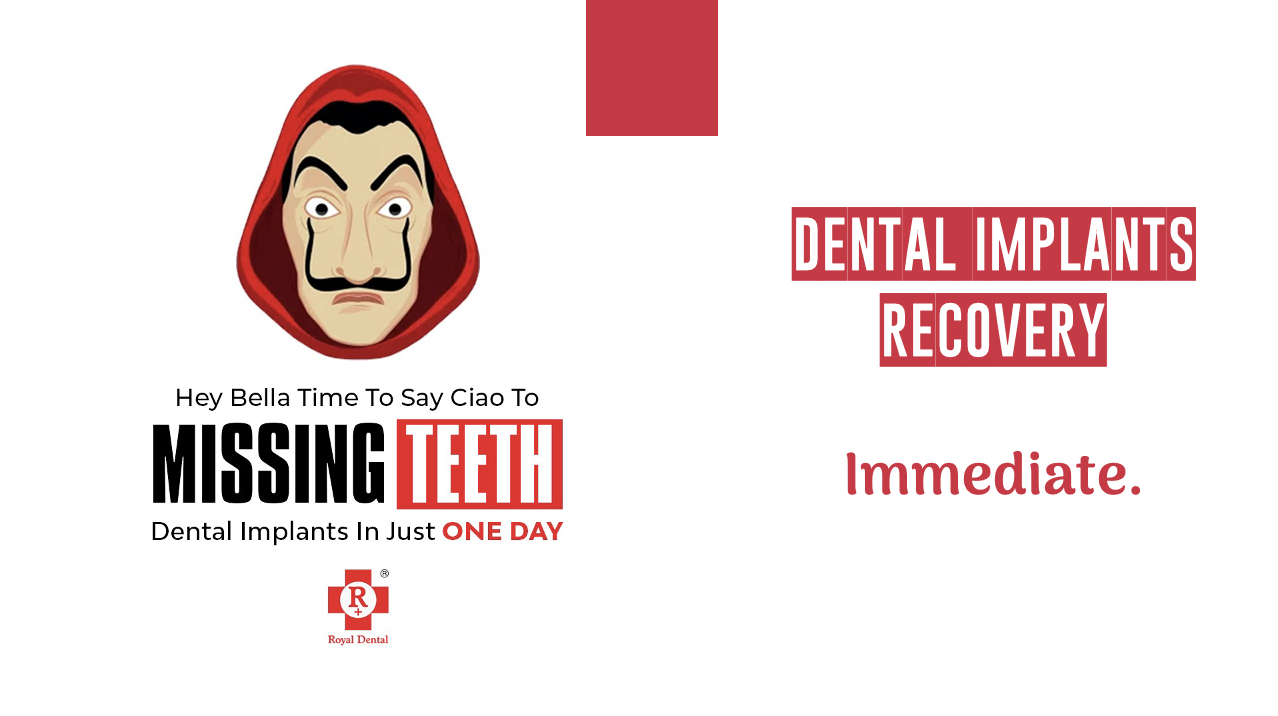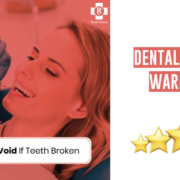Implant dentistry has come a long way over the past few decades. From the first dental implants that were made of titanium and could support just a single tooth, to today’s latest innovations that can support an entire jaw, implant dentists have developed an array of procedures and materials to meet the needs of their patients. Implant maintenance is important to your oral health and longevity as well as aesthetic appeal. At-home care may seem simple, but following post-op instructions and visiting your dentist on time is essential to maintaining healthy gums, avoiding decay, and keeping your teeth secure. Here are some general tips for implant maintenance.
Dental visit for post-op Implant maintenance
Implant dentistry always involves a commitment on the part of the patient. To ensure the best possible outcomes, patients must commit to attending all post-op appointments and following their dentist’s instructions. There are many factors that will determine how long it takes to heal after receiving dental implants. You may have other medical issues, take certain medications, smoke, or consume certain foods. If you are concerned that you are healing too slowly or have general questions about your recovery process, don’t hesitate to contact your dentist.

Brush regularly with soft bristles
Even before you get your new implants, you should be using a soft-bristle toothbrush and flossing daily. Doing this will prevent gingivitis and decay, which can lead to an increased risk of infection that may delay healing. Similarly, maintaining good oral health after placement is important.
Your implants may become loose or come out if your gums become infected; some people experience bone loss and gum recession as a natural result of the healing process. Gums may swell or bleed during the first few weeks you have your implants, so it’s best to use a soft-bristled toothbrush for a few months.

Use a soft toothbrush for Implant maintenance
After several weeks of gentle cleaning with a soft-bristle toothbrush, transition to a toothbrush with a medium-to-hard bristle. You can also use a specialized implant cleaning device. If you are particularly nervous about brushing your implants, you can use a fluoride mouthwash to kill bacteria. Using a soft toothbrush allows us to give our teeth a good cleaning without damaging gums or the enamel on our teeth. Dentists will suggest the use of a soft-bristled toothbrush for most people.

It is important to take proper care of your toothbrush by thoroughly rinsing it after each use. Allow it to air dry in an upright position away from other toothbrushes. This will prevent the spread of bacteria. Because the bristles of a toothbrush will eventually break down and lose their effectiveness, it is best to replace your toothbrush once every 3 months. When a toothbrush gets too old, it is no longer able to do its job correctly.
Avoid crunchy foods for the first few weeks
Our teeth are fragile and sensitive during the healing process. Chewing on crunchy foods can cause damage to your gums and teeth, so avoid them for the first few weeks. Use softer foods as an alternative to chewings, such as applesauce, yogurt, or soft bread. Avoid hard candies or sticky sweets, as they can get stuck between your teeth and damage your gums. You may also want to avoid drinking carbonated or sugary beverages, as both can increase the risk of decay.

Be diligent about your diet and hygiene from day 1
A healthy diet after receiving dental implants is essential for preventing infection and promoting healing. Indulging in sugary treats or skipping meals can disrupt the natural flow of saliva and lead to gum disease and decay. Dietary changes can be difficult, but there’s no better time to start than the first few weeks after receiving implants.
Visit your dentist before your procedure to discuss dietary and hygiene tips. If you are in the process of transitioning to a healthier diet, try to eat more fresh and raw fruits and vegetables, avoid salty foods and make sure to drink plenty of water.
Conclusion
Implant dentistry has come a long way over the past few decades. From the first dental implants that were made of titanium and could support just a single tooth, to today’s latest innovations that can support an entire jaw, implant dentists have developed an array of procedures and materials to meet the needs of their patients. Implant maintenance is important to your oral health and longevity as well as aesthetic appeal. At-home care may seem simple, but following post-op instructions and visiting your dentist on time is essential to maintaining healthy gums, avoiding decay, and keeping your teeth secure.






